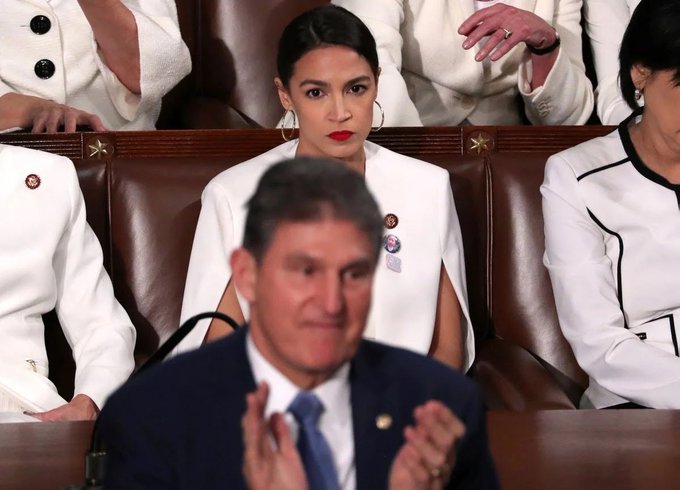BLUF:
It was hard to watch Reagan’s speech, and contemplate the 1964 election, without being reminded of what we’ve all been through in the last four years, and especially during and after the recent election campaign. Like LBJ, Biden is a sordid, self-dealing scapegrace who has little respect for the average citizen and a love of power for its own sake, but who has been relentlessly portrayed by the media as a hero of the downtrodden. Like Goldwater, Trump is a lover of freedom and of the ordinary American who has been smeared as an ugly racist and dangerous extremist.
Fifty-six years ago, the electorate bought the Democratic spin only to experience buyer’s remorse within a year or two. The final results of the 2020 election are not yet entirely clear, but one thing is certain: as in 1964, the Republican candidate is right about virtually everything on which he and his opponent differ, while the Democrat, if put in the Oval Office, will surely lose his luster before very long—provided, indeed, he doesn’t expire or get put out to pasture before wearing out his welcome.
1964: A Distant Mirror of Today’s Situation.
The other day, while puttering around the house, I was listening to the latest Steven Crowder program on YouTube. I was apparently not listening very attentively, because I failed to notice when Crowder’s show concluded and YouTube, in its inscrutable way, began playing another video.
It was Ronald Reagan’s famous 1964 speech, “A Time for Choosing.”
It wasn’t my first encounter with the speech, which Reagan delivered on the NBC network in support of Barry Goldwater’s presidential campaign. I’d read it a long time ago. But I’d never seen Reagan deliver it. So I sat down and watched.
It was magnificent. No wonder it had the immense impact that it did. Reagan would later say that it had drawn more fan mail than any performance he’d ever delivered in a Hollywood movie. It turned him overnight from an actor into the standard-bearer of the conservative movement and a leading prospect for high political office. Two years later he would be elected governor of California. Continue reading “”

